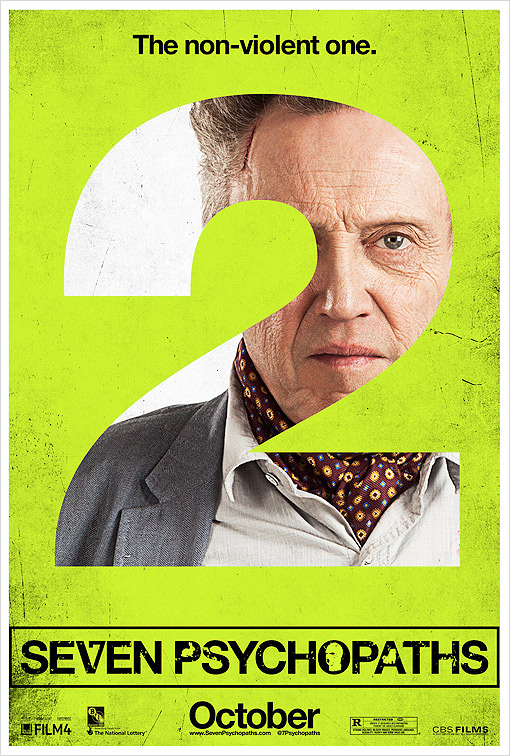 Director Ang Lee's "Life of Pi," based on the popular book by Yann Martel, is an extraordinary visual experience with some of the most beautiful images to appear in a film in this or any other year.
Director Ang Lee's "Life of Pi," based on the popular book by Yann Martel, is an extraordinary visual experience with some of the most beautiful images to appear in a film in this or any other year."Pi" is not about the ratio of a circle's circumference to its diameter, although that is where the title character gets his name. Pi, played at various ages by Suraj Sharma, Irrfan Khan, Ayush Tandon and Gautam Belur, is an Indian who goes on a life affirming and changing journey.
Pi's family in the French part of India runs a zoo, but, when money becomes tight, they must sell the zoo and animals and move to Canada. Things turn tragic when the ship they are taking sinks somewhere in the Pacific. The teenage Pi (Sharma) is the sole survivor sharing his lifeboat with a tiger named Richard Parker. Pi must find a way to coexist with the tiger as the two float across the Pacific for more than 200 days.
Astoundingly, Richard Parker, with few exceptions, is a computer-generated creation. I was unaware of this fact and never doubted whether the tiger was real. Most of what is on the screen was created by a computer, but none of it causes a disconnect with the viewer. Bad special effects can pull an audience out of a movie fast, but the visuals in "Pi," while often fantastic and from a heightened reality, are so crisp and clean that you never question them.
Lee, cinematographer Claudio Miranda and the film's art direction team have made a world that is difficult not to be drawn in and engrossed by. The mirror-like ocean often reflects the sky creating images that are often like moving paintings. A sequence involving glowing sea creations is glorious to behold.
Although "Pi" is sparse on plot, there is more to the film than just its visuals. Pi, even before being stranded in the ocean with a tiger, was going through a religious exploration that had him practicing Christianity, Hinduism and Islam all at once. The film doesn't preach that one religion is superior to another or even that religion is superior to science, but rather the importance of believing in something. This is a welcomed and refreshingly open view on faith.
Sharma, making his acting debut, gives an extraordinary performance, especially when you realize, with the tiger not actually there, that he was acting to nothing. His performance is deeply expressive, honest and authentic and goes a long way to helping sell the more fanciful visuals. You believe he is out on that lifeboat. Sharma's performance is a complete journey emotionally, intellectually and physically.
The film's plot is told through a story frame in which the adult Pi (Khan) is telling the tale to a writer (Rafe Spall). It is a cliche story structure that can be effective, but doesn't necessarily help here. It causes the story to stall in the early stages of the film. Luckily, the film stops cutting back to the present just when it was becoming overly distracting.
That being said, Khan is very good as the adult Pi. He hints at the emotional turmoil of the story he's about to tell just in his tone, facial expressions and body language.
The film doesn't begin with the ship sinking. Lee takes the time to show Pi's life in India as a boy and a teen. Some audience members may be itching to get to the ship sinking, but these early scenes are essential to establishing the film's themes and investing us into Pi's perilous journey.
Lee makes a point not to rush any of his films, but sometimes the "Pi" starts to sag a bit in the middle. This is a minor quibble, though, in a film boiling over with this much visual splendor and imagination. This is definitely a film to see on a big screen. The bigger the better.
 "James Bond turns 50 with "Skyfall," Daniel Craig's third appearance as the British super spy. It is a smashing 007 adventure with thrills, laughs, pathos and plenty of knowing nods to Bond's past.
"James Bond turns 50 with "Skyfall," Daniel Craig's third appearance as the British super spy. It is a smashing 007 adventure with thrills, laughs, pathos and plenty of knowing nods to Bond's past. "Seven Psychopaths" is not for everyone. It features some gruesome visuals not for the faint of heart. It is vulgar and violent, but also morbidly funny and philosophical.
"Seven Psychopaths" is not for everyone. It features some gruesome visuals not for the faint of heart. It is vulgar and violent, but also morbidly funny and philosophical.